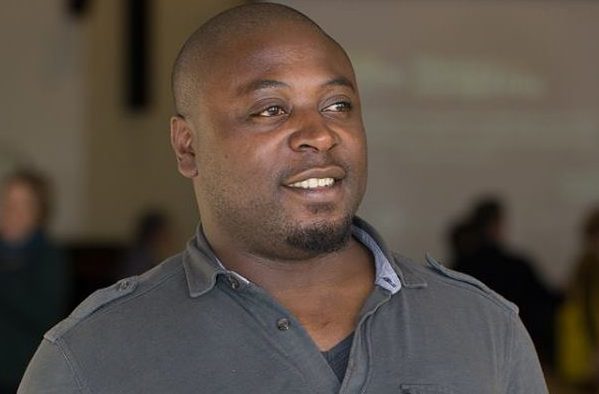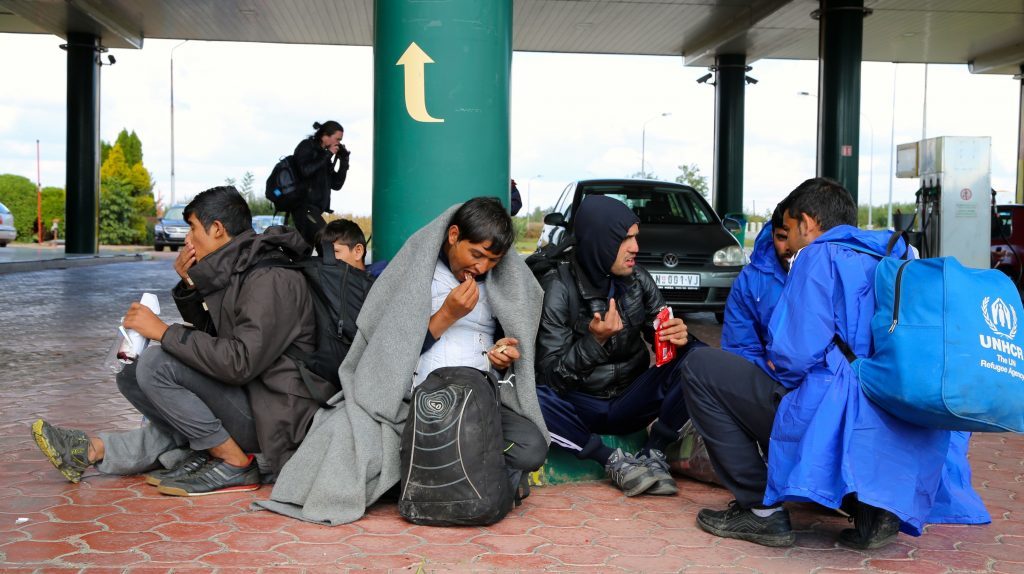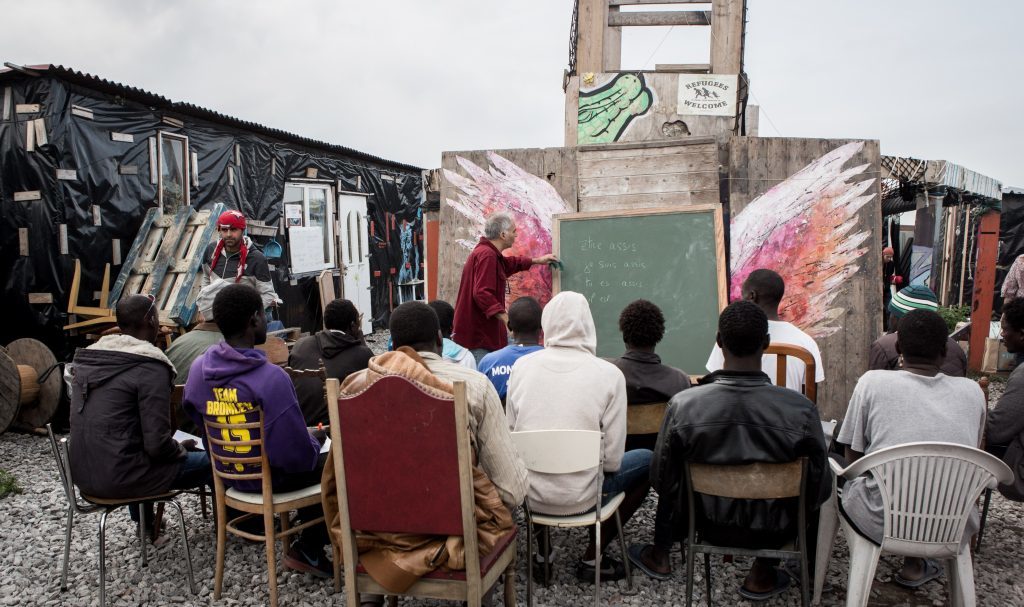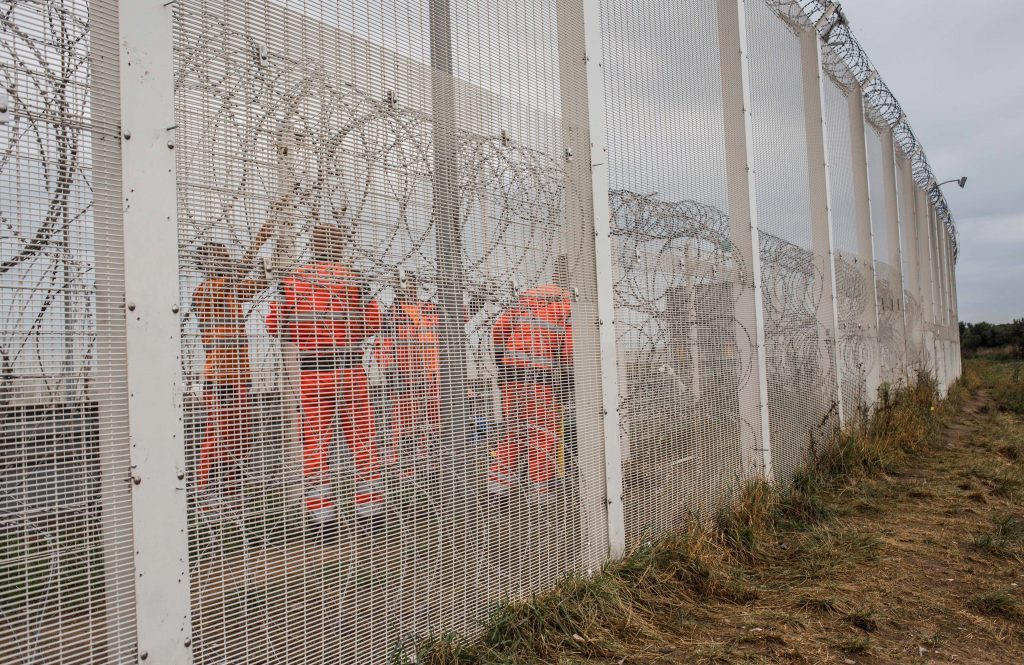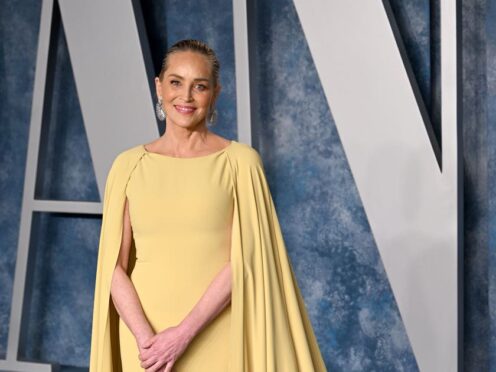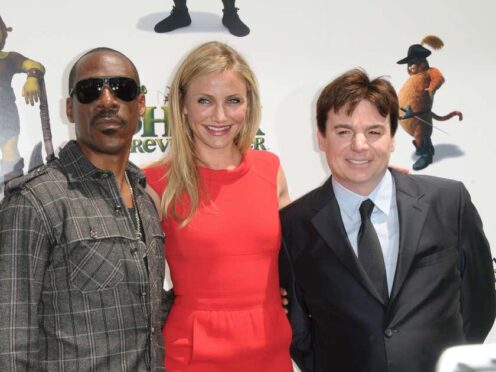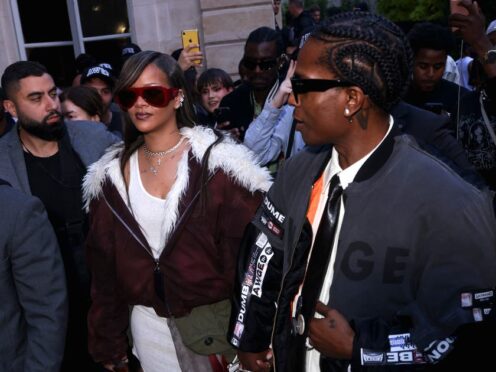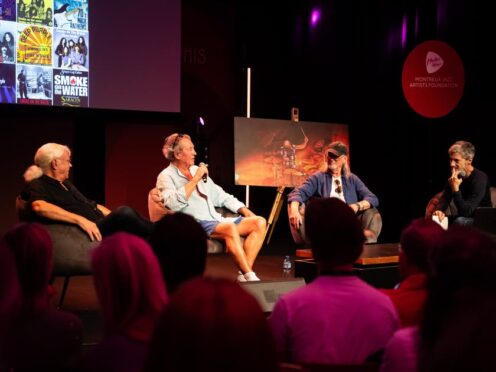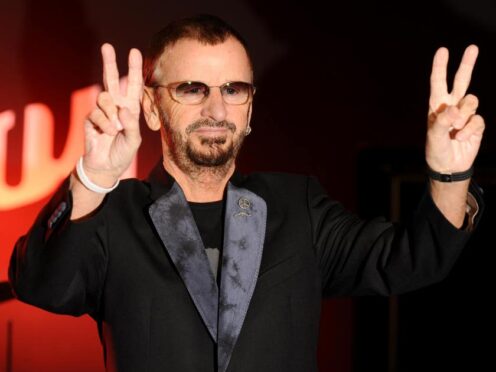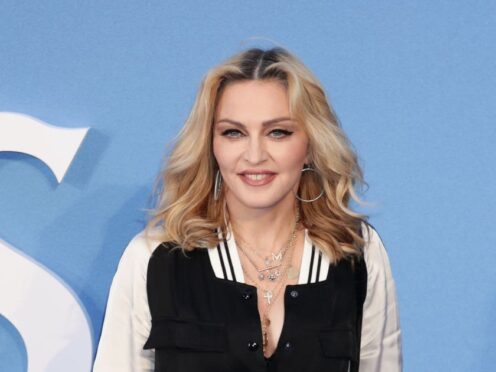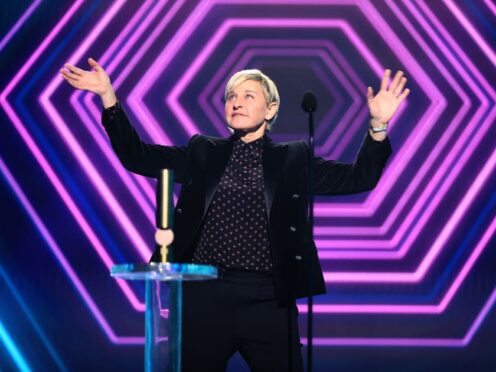Ahead of his talk at the Dundee Literary Festival, former asylum seeker turned author Eric Ngalle speaks to Michael Alexander.
When writer Eric Ngalle talks about the refugee crisis gripping Africa, the Middle East and ultimately Europe, he describes it as a “complete human tragedy and failure of the government system.”
The 37-year-old Cameroonian came to Cardiff in 1999 on a Zimbabwean passport after fleeing persecution in his village and being illegally trafficked into Russia.
Now, ahead of a talk he is giving at the Dundee Literary Festival on Saturday October 22, Eric has given an insight into what it means to be a refugee, caught between two worlds, destitute and unable to move forward in life.
And he explains why he is always reluctant to get involved in politics – using poetry and creativity to get his message across instead.
“There is an old African proverb that ‘when elephants fight, it is the grass that suffers’,” Eric tells The Courier in an interview from his home in Wales.
“It means that when the large – the strong, the dominant – fight, it is the small – the weak, the least powerful – who suffer most.
“Regardless of which elephant wins, or loses, the grass beneath their feet will always be trampled and destroyed. There are no winners.
“The rhetoric we are seeing with refugees now is the same as there’s always been. What we are seeing is a complete human tragedy and a failure of government systems – and it is again the little people – the grass – that are being trampled.
“For me my political shoelaces are untied. I use poetry, words and creativity rather than politics to speak up for and to help the little people. It is up to us to do so.”
Eric’s debut book Asylum and his accompanying play My Mouth Brought Me Here, launched in August at the South Bank Theatre in London, were a powerful exploration of the experience of seeking refuge and sought to humanise the images of refugees so frequently portrayed in the media.
Born on Buea, Cameroon, Eric himself faced persecution in society at home following a family row over inheritance which saw him and his mother shunned and publicly humiliated.
“Some terrible things happened in Cameroon,” he reflects. “It was like mental decapitation when my father’s side of the family disowned me over inheritance. I lost all faith in humanity.”
Forced to partake in witchcraft practices, he was made to dig up bones in a children’s cemetery and then had his body slashed with razor blades whilst he stood on the shallow graves.
Believing his life was at risk, he tried to leave the country but had his money stolen by unscrupulous men and fell into the hands of traffickers.
In doing so, he became a victim of human trafficking and ended up with a one way student visa to Russia instead of Belgium. It was only when he arrived in Malta that he was told: “Mr Charles, unfortunately your visa does not allow you to transit in Malta, you have to go to Moscow as you have just a one way student visa.”
After running with Russian crime gangs where, he said, he “suffered greatly”, he eventually bought a Zimbabwean passport for 350 dollars and ended up in London where he sought refuge and ended up in Wales.
Recalling that a friend at home had once been to Cardiff, he boarded a National Express bus.
He said: “I approached the first black man I saw and explained my situation.
“By coincidence that man, Emanuel, had been helped by Cameroonians during his escape from Rwanda, and he wanted to return the favour, so he embraced me and welcomed me into his home.”
Eric was granted leave to remain in Britain after he met and married the mother of his daughter, now 15. He says it has taken him a long time to come to terms with his own past and he is keen to help other refugees tell their own poignant stories through literature.
A poet, dramatist and novelist, he now runs Black Entertainment Wales – an arts organisation that provides a platform for artists to showcase their work.
“I believe in God. I believe divine intervention has got me to here,” he says.
And when he comes to Dundee he will be using poetry performances focusing on the linguistics of French, English and Russian.
He will be joined by New Orleans-born Marjorie Lotfi Gill who spent part of her childhood in Tehrn and settled in Edinburgh in 2005. Marjorie founded the shared reading group charity Open Book, and encourages people to tell their own stories as Jupiter Artland’s Writer in Residence.
Marjorie and Eric will reflect on their own journeys and how words can forge a sense of belonging.
- Belonging with Eric Ngalle Charles and Marjorie Lotfi Gill is at the Bonar Hall, Dundee at 4.30pm on Saturday October 22. For tickets go to literarydundee.co.uk
